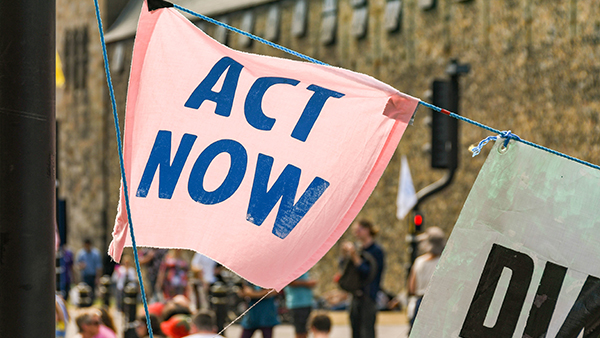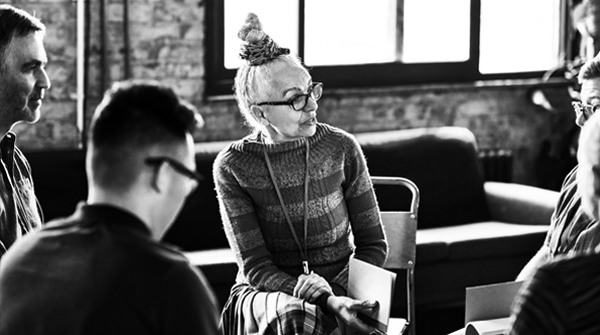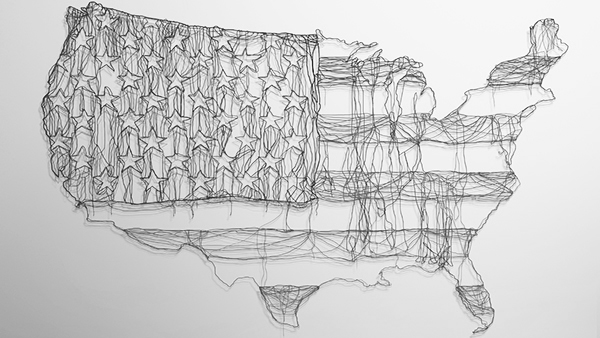Who we are and what this says about us, what we are allowed to say about people different to us; these are topics never far from the public mind:
Not only did Andrea Leadsom, rightly, apologise for saying that being a mother gave her a greater stake in the future than our new Prime Minister but her faux pas helped drive her out of the race entirely. Yet, today’s papers are full of features about whether parenthood gives people extra insight.
In the car on Saturday I listened to Jenni Murray on Women’s Hour on Radio 4 asking her guests why women make better crime writers than men. Among the explanations uncritically considered were that women understand suffering and danger, they are more interested in human nature and they can use both sides of their brain simultaneously. Please don’t think I am one of those saloon bar bores who uses the phrase ‘women’s lib’ to describe the mildest form of feminism, when I point out that had the words ‘men’ and ‘women’ in this conversation been transposed listeners we would either have assumed it was satirical or been outraged. Had Mrs Leadsom been on Women’s Hour when she suggested being a mother provides special insights would it have been fine?
Last week I chaired an event here at the RSA featuring Lynda Gratton and Andrew Scott authors of the book ‘The Hundred Year Life: Living and Working in An Age of Longevity’. It’s a good read with the general drift being that we should stop classifying people by age; if people want to work, learn and party into their eighties and beyond, why not? Questioning the authors I referred to Socrates in Plato’s Republic, who describes how old age has freed his powers of reasoning from the distractions of sexual passion. Shouldn’t we seek to value older people’s experience, wisdom and detachment rather than encouraging them to pursue a second adolescence? In this debate who is being ageist; Gratton and Scott for implying we all want to be young or me for implying that the old have certain characteristics we should value?
The Brexit debate and its aftermath has been characterised by allegedly racist, ageist and classist narratives; thrust and counter thrust as people make sweeping assertions while trying to avoid allegations of bigotry and prejudice.
In America the politics of identity has taken a deadly turn. Who would have thought that eight years after the US elected a black president community relations would have deteriorated? After ‘black lives matter’ we have ‘all lives matter’ and now ‘blue lives matter’ (a reference to murdered police officers). Although Donald Trump has been uncharacteristically restrained over the Dallas shooting, many fear the coming Presidential election will divide America further.
If there is a theme here, and I could have cited many other examples, it is that how we handle difference is becoming a more treacherous minefield. What is and isn’t acceptable is increasingly unclear and words and ideas can switch back and forth across the taboo line. Yet, the fact that things are complex and changing does nothing to calm cyclones of on-line outrage if anyone can be seen to have transgressed or overdrawn this moving line.
Two groups thrive in this atmosphere; those who can self-confidently find their way through the minefield knowing almost instinctively how to say the right thing (I used to be one of these but now I’m not so sure) and the racists, bigots and Twitter trolls who delight in ever more opportunities to generate rage.
It’s difficult to say where this ends. Identity politics took off in the sixties and fifty years later there’s little sign of it coming in to land. I suspect most of us want to live in a society which respects principles of equal rights and mutual respect but which judges people by their actions and what is in their hearts not because they say something clumsy or allow someone else to claim victim status.
Many years ago I made a programme for Channel Four called ‘I’m not racist but’. Some of the people I interviewed simply were prejudiced but many others were genuinely confused about how to respond to aspects of migration and diversity. We can imagine other qualifiers; ‘I’m not sexist but women do have different types of brains’, ‘I’m not ageist but older people should celebrate the wisdom of age’, ‘I’m not racist but immigration has impacted some places and labour markets detrimentally’. Language should help us express ourselves not tie us up in knots.
In as much as the Brexit vote was against ‘the establishment’, part of the anger and disempowerment lay in some people’s sense of being silenced. Liberal championing of diversity and tolerance in society is not always accompanied by valuing diversity and showing tolerance towards the way people think and talk.
There are big and important issues at play in all these debates. The pursuit of justice and pluralism is the most important goal. But in that pursuit we need to have a national conversation open to everyone not just those who understand the opaque rules or those who don’t care who they hurt.
I will be discussing some of these issues on Moral Maze tomorrow evening (Wednesday)at 8.00 on Radio 4
Related articles
-
The public are ready to go further and faster on net zero
Anthony Painter
The public are ahead of policy-makers and, indeed, most of the business world. COP26 is an enormous opportunity to catch up. Global leaders should take it.
-
Can progressives ever stop the in-fighting?
Matthew Taylor
Biden's victory has caused the left and moderates to fracture again.
-
Can President Biden bring America together again?
Anthony Painter
There is a long road ahead for the new president.




Be the first to write a comment
Comments
Please login to post a comment or reply
Don't have an account? Click here to register.